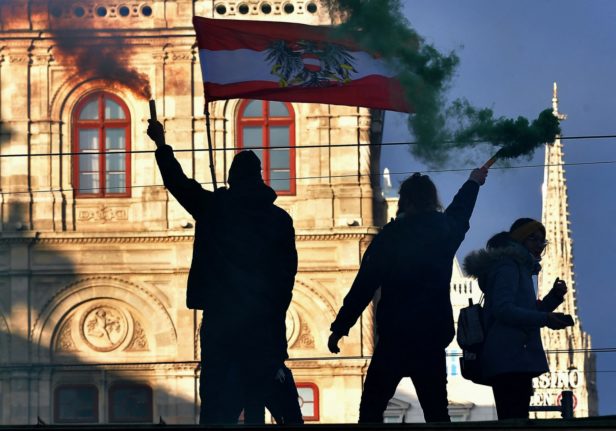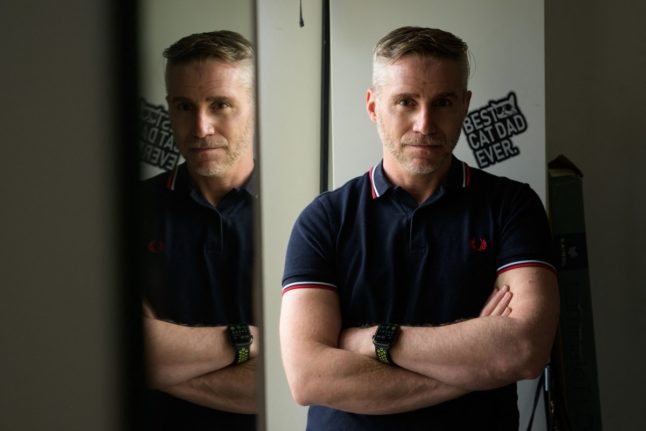Austria’s parliament on Friday tightened the law banning Nazi symbols, broadening its scope and increasing punishments for
the display and dissemination of any prohibited symbols to counter rising anti-Semitism and extremism.
Austria — which the Nazis annexed in 1938 — has some of the world’s strictest laws against Holocaust denial and pro-Nazi activities, but nonetheless convictions are rare.
In 2022, the Austrian government decided to amend its so-called Prohibition Act of 1947 to accommodate for recent developments such as an increase in anti-Semitism and rising radicalisation.
According to the legislation approved by all parties except the far-right FPOe, wearing Nazi insignia or any banned symbols linked to the Palestinian Islamist group Hamas or far-right movements among others will be punished by fines of up to 20,000 euros ($22,000).
Under the amendment, any trivialisation or denial — even if only in part — of National Socialist genocide and Nazi crimes against humanity of the Holocaust is punishable, expanding the scope which previously only criminalised “gross” trivialisation.
The legislation — which required a two-thirds majority in parliament — also allows for the confiscation of Nazi memorabilia regardless of a criminal conviction.
Moreover, lawmakers also amended the law to extend jurisdiction to certain offences committed abroad by Austrians, who post banned material or propaganda on the internet.
Civil servants who are found guilty under the law will be barred from government employment.
Lawmakers also voted in favour of stricter measures against desecrating national symbols such as tearing down flags, Austrian news agency APA reported.
Earlier this month, Justice Minister Alma Zadic called the amendment “historic”, stressing that the last significant reform of the Prohibition Act had taken place more than 30 years ago.
The overhaul was necessary to enable more efficient and consistent action against anti-Semitism, right-wing extremism and disinformation in the future, Zadic added.
“The fact that Holocaust denial should only be punishable… if it is made in front of at least 10 people sends the wrong signal,” Willi Mernyi, president of the Austrian Mauthausen Committee, said in a statement last month.
But overall, the Mauthausen Committee welcomed the amendment, which it helped to draft.
The Mauthausen Committee was a Resistance network that began in the homonymous concentration camp in 1944 and works to maintain the memory of the crimes committed there.
Austria — the birthplace of Adolf Hitler — long cast itself as a victim after being annexed by the German Third Reich in 1938 and has only in the past three decades begun to seriously examine its role in the Holocaust.




 Please whitelist us to continue reading.
Please whitelist us to continue reading.
Member comments